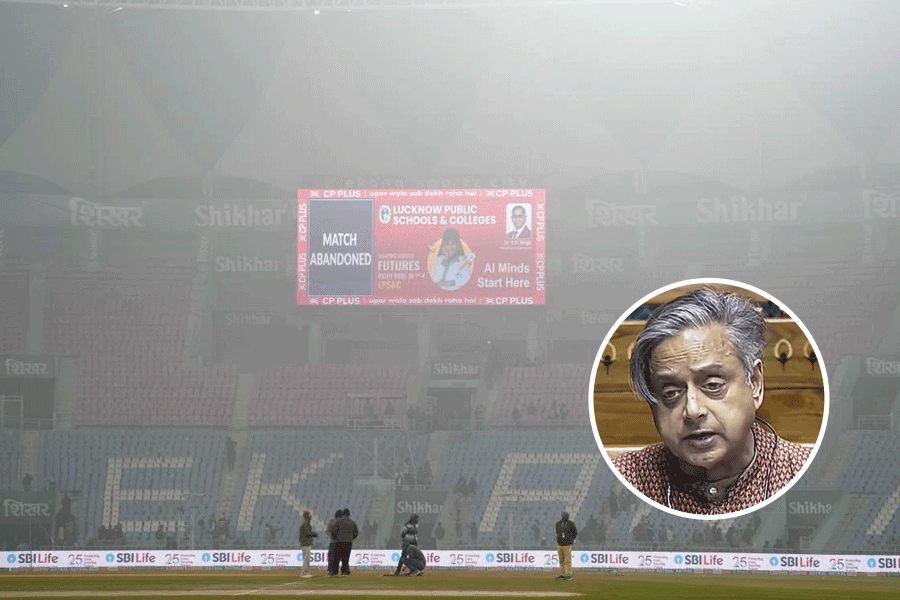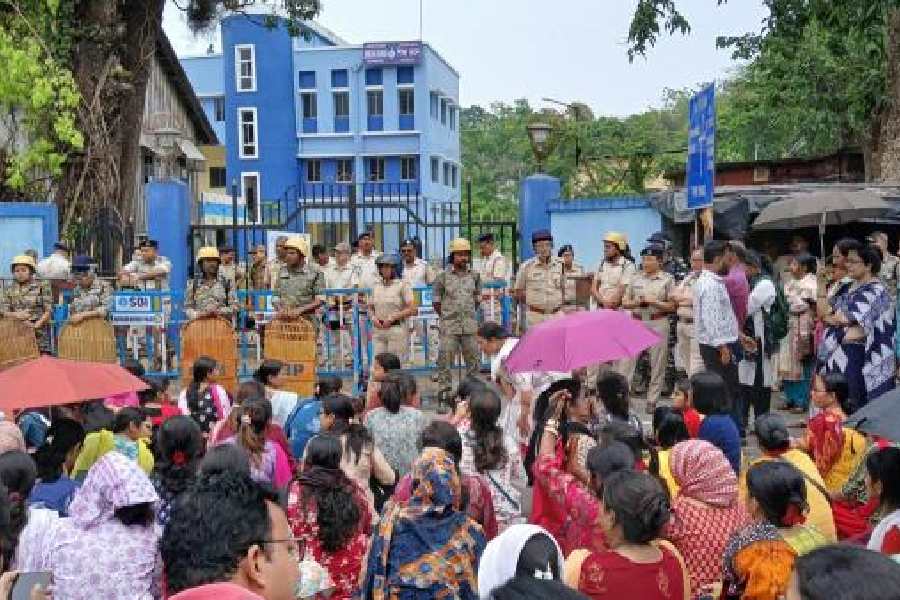 |
| Education minister Pratap Jena |
Bhubaneswar, Oct. 20: The state is facing an acute shortage of translators who can be entrusted with the task of rendering file notings, official proceedings and orders written in English into Oriya. This has become a major hurdle in achieving the government’s objective of using Oriya as the sole official language.
“We are facing a shortage of quality translators who can do English texts into Oriya. The issue will be discussed in our executive body meeting on November 3,” said Odia Bhasa Pratisthan president Prafulla Kumar Rath. School and mass education minister Pratap Jena is chairman of the committee, which has chief secretary Bijay Patnaik as working chairman.
The Pratisthan was tasked with translating all official proceedings into Oriya after chief minister Naveen Patnaik decided that all official works would be done only in the state’s most popular language. “We have begun making efforts in this regard. However, a lot of things need to be done,” said Rath. Admitting that paucity of translators is affecting the work, he said: “Nearly 20 translators did only half of the task given to them. Now we have to complete the work.”
Jena said the chief minister had already sanctioned Rs 1 crore for creating an infrastructure under the Pratisthan, with a research centre and a library apart from a symposium hall for the promotion and development of Oriya language. “This is going to help us achieve the aim of doing all official works in Oriya,” said the minister adding that ideally each government department should have a dedicated translator to render English texts into Oriya.
To attract good translators, the organisation has decided to hike the remuneration for translation works. “We will suggest payment of Rs 181 instead of Rs 101 for each translated page of A-4 size. If we don’t increase the rates, it would not be possible to ensure quality,” said Rath. Earlier, the Pratisthan used to pay Rs 40 for per page translation.
According to Rath, each translated copy has to be checked and rechecked six times to rule out errors before it goes to print. “We have to give money to the translator, the proof reader and the copy editor. The enhanced amount that we hope to get from the office will be divided accordingly. All these issues would be discussed in November,” he said. Perturbed over the tardy pace of translation work, the state government is likely to give its nod of the institute’s proposal for setting up a dedicated translation division.










